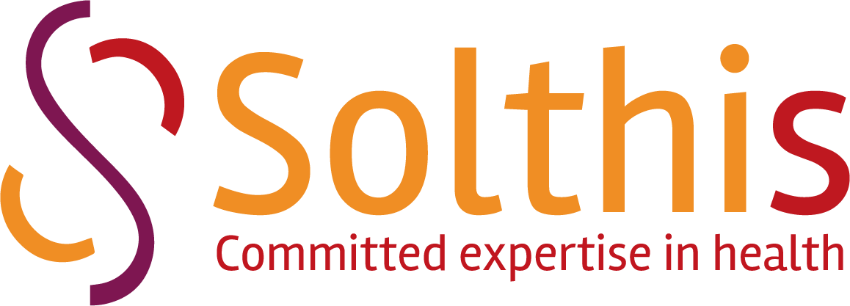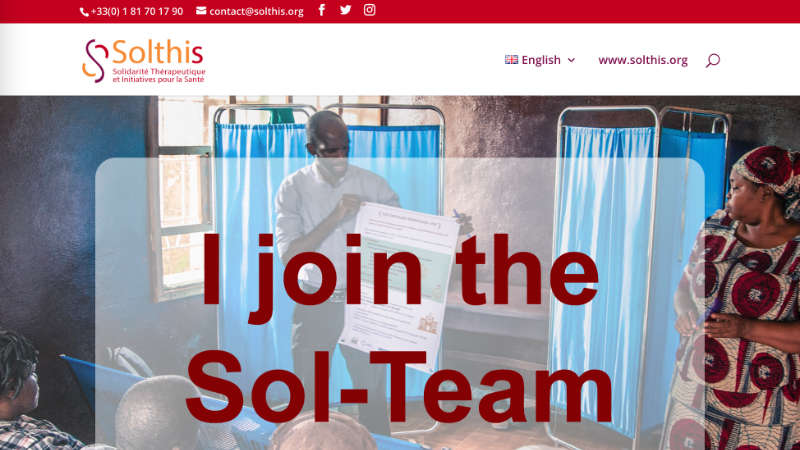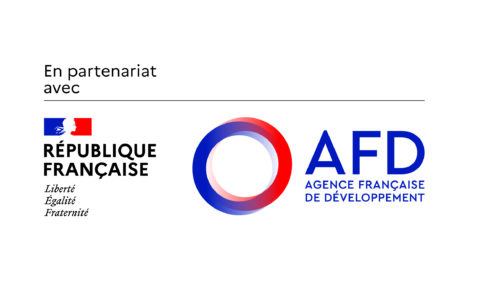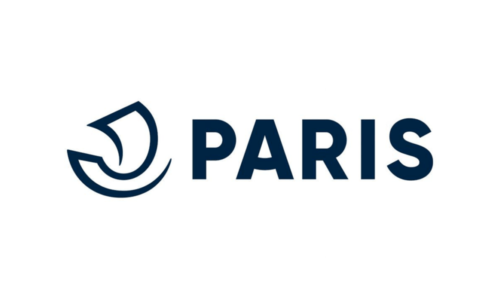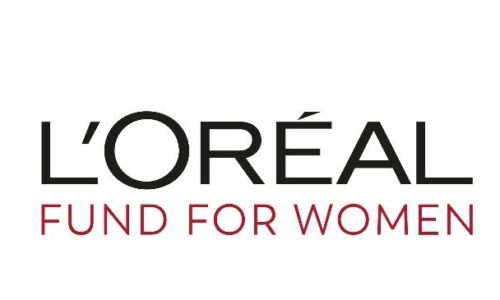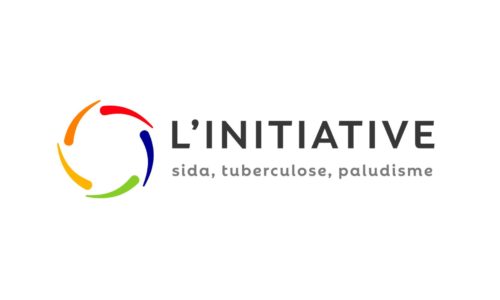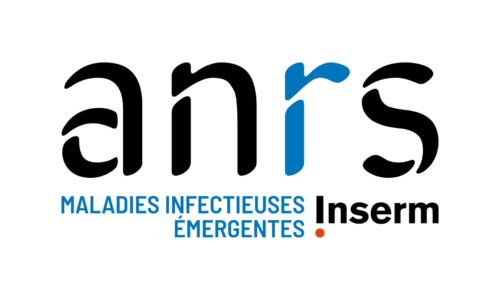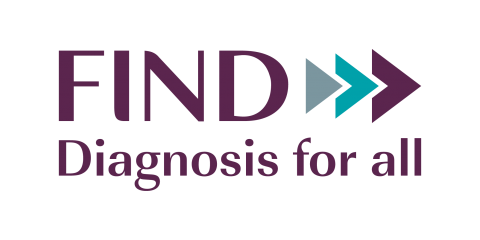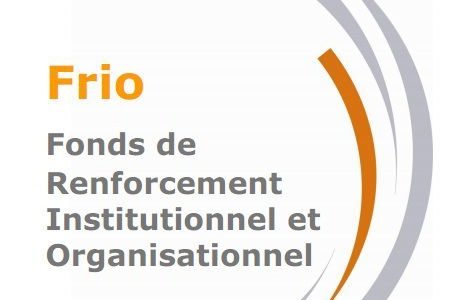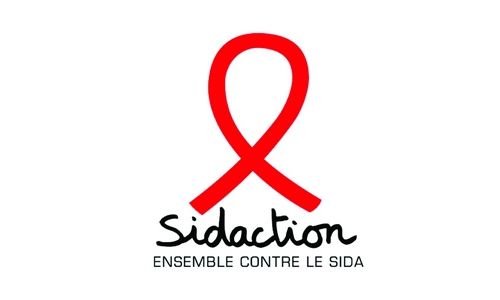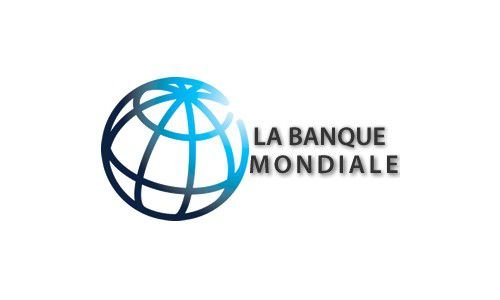1 July 2020 | Informations
 We met with Prof. Yazdan Yazdanpanah, Head of Department in Infectiology and Infectious Diseases at the Bichat Hospital in Paris, member of the French Scientific Council and administrator of Solthis.
We met with Prof. Yazdan Yazdanpanah, Head of Department in Infectiology and Infectious Diseases at the Bichat Hospital in Paris, member of the French Scientific Council and administrator of Solthis.
What is your vision of the current situation in Africa?
Fortunately, the impact of the epidemic is less than expected. However, it is difficult to know “why”, there are different hypotheses. Aren’t there many cases because they are not being diagnosed? Even if they are not diagnosed, it would appear that there are not many serious forms in hospitals. Perhaps it is because the population is much younger compared to European countries? On the other hand, the lower incidence may also be the result of lifestyles and environment in Sub-Saharan Africa (people live outside, everything is open, less confined spaces…). African countries have put in place a number of interventions, they have done a lot, and on the other hand, in the same way as in Europe, the epidemic is going to have an impact on lifestyles in the coming months. What we have to bear in mind is that this impact will not be only on health, but there are other factors to be taken into account: economic, political, etc.
“Internal coordination and information flow is essential to improve response practices.”
In your opinion, what impact do you think COVID-19 is having today, particularly on the continuity of access to care?
It is still too early to really assess the impact of the pandemic on the continuity of care, but it is clear that there is a need to work on this. In Europe, there is no doubt that despite teleconsultation, it has had a qualitative impact on the patients care management. I think we have to be extremely vigilant about continuity of care: during epidemics, anything that is “something else” is done less well and that is why we have to be careful. There is an impact on the morbidity of other diseases.
What did you put in place at Bichat Hospital that worked to improve the response and continuity of care?
We very quickly launched teleconsultations to continue monitoring patients and we kept face-to-face consultations when it was urgent. However, we still have no feedback on the impact of these modes of care management in terms of quality and how patients feel. There are patients who suffered during the crisis. If we ask the patients, maybe it had an impact qualitatively more than quantitatively. In HIV pathology sometimes we are the only ones who know what people have, people need to talk and on the phone it’s not the same thing.
We asked caregivers to talk to patients, to communicate, that was a very important point. We tried to put things in place to evaluate what we were doing because we had to improve care quickly when we had more and more patients. We were learning things as we went along. That’s where communication and transmission was very important, people had to talk to each other to get organized. Internal coordination and information flow are essential to improve response practices.
“As in the response to Ebola, partner organisations have a real role to play in implementing and supporting people through these changes.”
You are a Solthis administrator, in your opinion, what can be the role of an NGO in times of health crisis?
Solthis is doing an excellent job and I think that in general, organizations like Solthis have an important role to play in the future because this epidemic will also change practices in Africa. As in the response to Ebola, partner organisations have a real role in implementing and supporting people in these changes.
These changes are the result of a capitalization of experience, as the countries of Southeast Asia did after the first epidemics of respiratory diseases in the early 2000s. That is how the practices among the populations but also in hospitals will change. This will result in weatring much more systematicly masks, in the implementation of barrier gestures in public spaces, and in more teleconsultation when possible. Overall hygiene will change and it is important to take into account a certain number of things following this epidemic without going overboard.
Interview conducted on June 22nd 2020, in Paris
Read more about Solthis response against COVID-19 in West Africa
